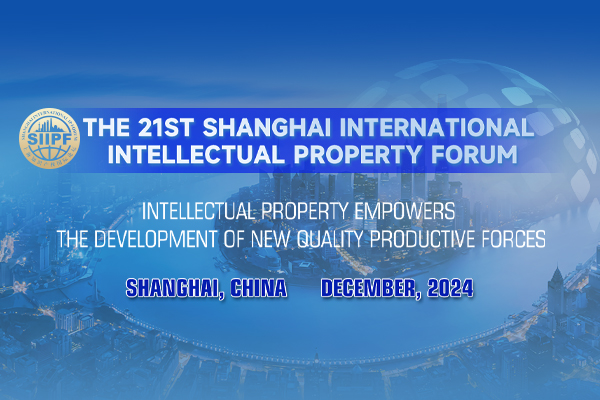Shanghai's IP protection progress boosts foreign investors' confidence in Chinese market
As a key destination for foreign investment in China, Shanghai has been emphasizing equal protection of intellectual property (IP) for both domestic and foreign entities. The city has enhanced its IP protection system, cracking down on infringements and ensuring a top-tier business environment that is market-oriented, law-based, and internationalized.
In April, the Shanghai Third Intermediate People's Court upheld a ruling in a copyright infringement case involving LEGO, imposing a fine of 600 million yuan ($83 million) on the defendant.
"In recent years, we have witnessed the tremendous efforts China has made in intellectual property protection legislation. LEGO places a high value on innovation, which fills us with confidence for our long-term development in the Chinese market," said Robin Smith, vice president and general counsel of China & Asia Pacific, LEGO Group. "We hope to work with our Chinese counterparts to jointly create a more conducive environment for innovation under the premise of fair competition."
Liu Hongqiang, vice-president of Intellectual Property at Bayer China, praised China's progress in drug patent protection over the past 30 years. In 2019, Bayer filed a patent infringement complaint with the Shanghai Intellectual Property Administration, which swiftly ruled in Bayer's favor within four months. Thanks to the Patent Law of the People's Republic of China (2020 Amendment), Bayer received 25.62 million yuan in another patent infringement case, the highest compensation in China's medical device field to date.
Deputy Director General Yu Chen of the Shanghai Intellectual Property Administration introduced measures to strengthen IP protection in the pharmaceutical sector, helping companies resolve patent disputes more efficiently.
Xu Feng, associate vice-president of AstraZeneca China and chief IP counsel for China and Asia, commended China's improving pharmaceutical IP protection system, which has encouraged increased investment. In 2023, AstraZeneca resolved a patent dispute through the Shanghai Intellectual Property Administration, leading to significant investments and partnerships with Chinese companies.
According to Yu, Shanghai has implemented stringent local regulations, including punitive compensation and multiple violations penalties, enhancing IP protection in key areas like e-commerce and pharmaceutical procurement. Over the past three years, the city has handled over 60 foreign-related patent infringement cases and investigated more than 1,000 trademark infringement cases.
Bayer's prescription drugs in China have achieved near-global synchronization in approvals over the past five years. In 2023, the company launched its first China innovation center in Beijing and signed an agreement to establish a new supply center in Jiangsu province, with an initial investment of 600 million yuan.
"The strength of intellectual property protection is one of the most important indicators for assessing a place's business environment. With the support of a sound intellectual property system, we feel more confident investing in China," said Liu of Bayer.


 The 21st Shanghai International Intellectual Property Forum
The 21st Shanghai International Intellectual Property Forum


 WeChat
WeChat Weibo
Weibo